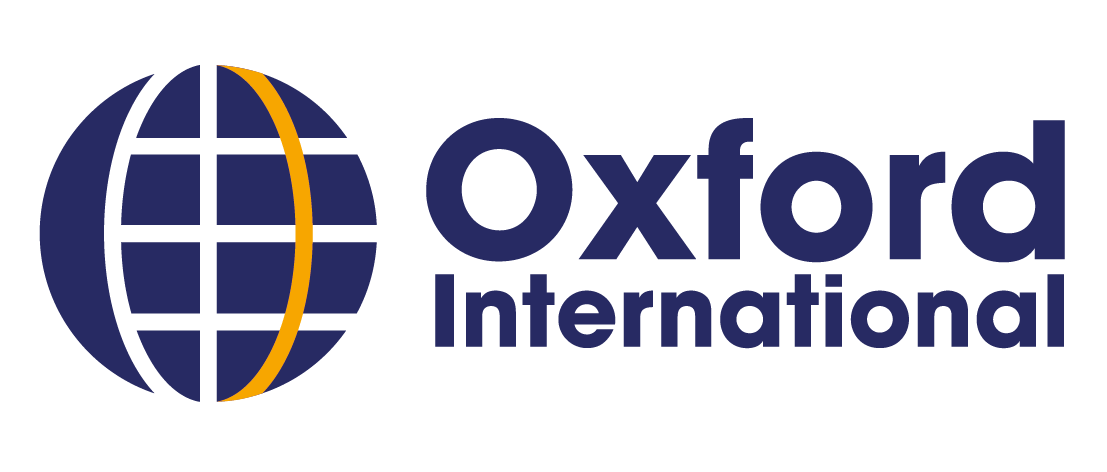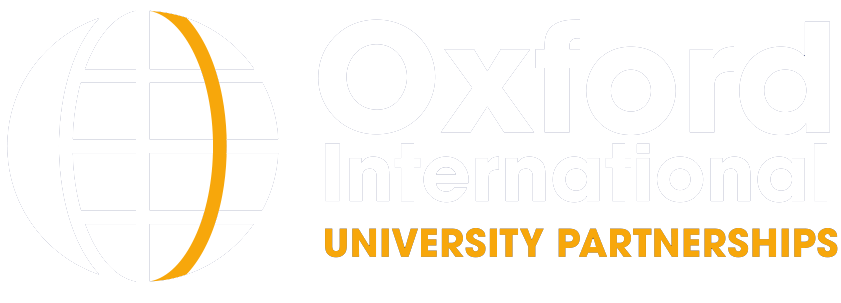The Pre-Masters programme is designed for those students who do not qualify for direct entry to a postgraduate degree at Edinburgh Napier University.
The Pre-Masters Programme will equip you with the advanced skills you need to complete your postgraduate study at Edinburgh Napier University. You can study this over one or two terms depending on your academic qualifications and English language level.




